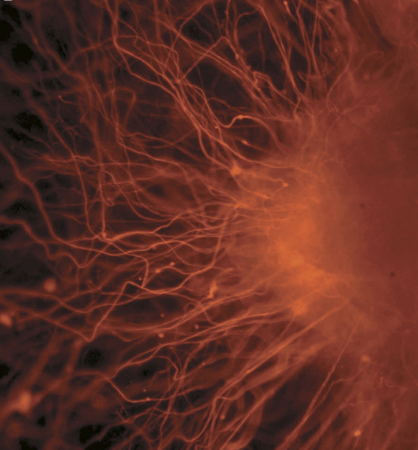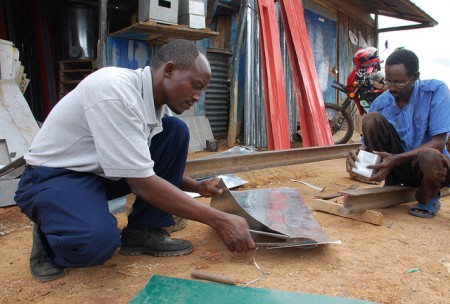
In May 2003, the United States and several cooperating countries filed a case at the World Trade Organization (WTO) charging the European Union (EU) with maintaining an illegal, non-science based moratorium on genetically modified (GM) food and crops. Almost three years later, in February 2006, the WTO concluded that EU inaction between 1998 and 2004 had constituted “undue delay” in product approvals in violation of treaty requirements. That decision, however, did not immediately open European markets to American GM products. Indeed, in mid-2010 the European Commission proposed a legally controversial plan to allow member states to decide for themselves whether they wished to grow or ban GM crops—a sign of Europe’s continued inability to harmonize national differences concerning the implications of modern biotechnology for agriculture, environment and trade.



